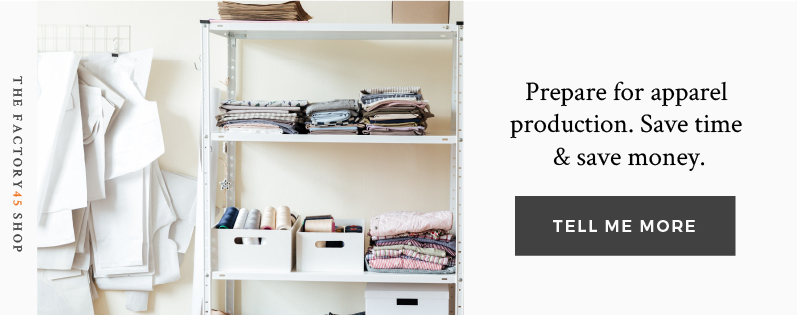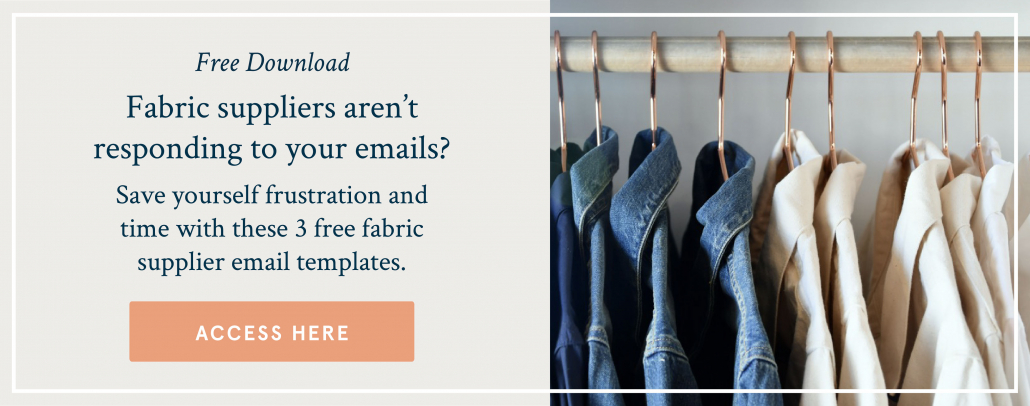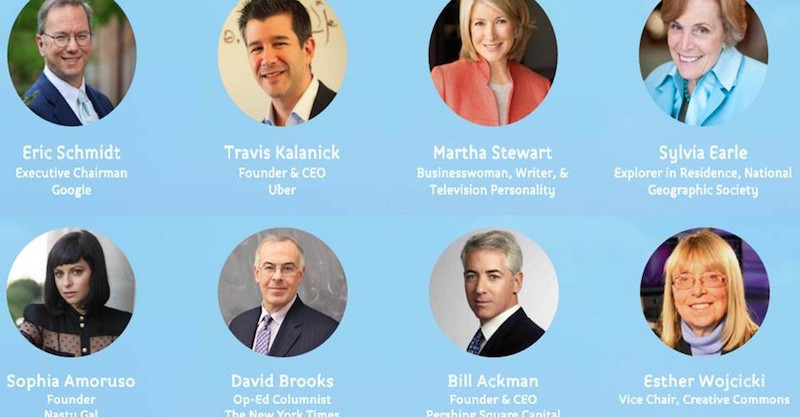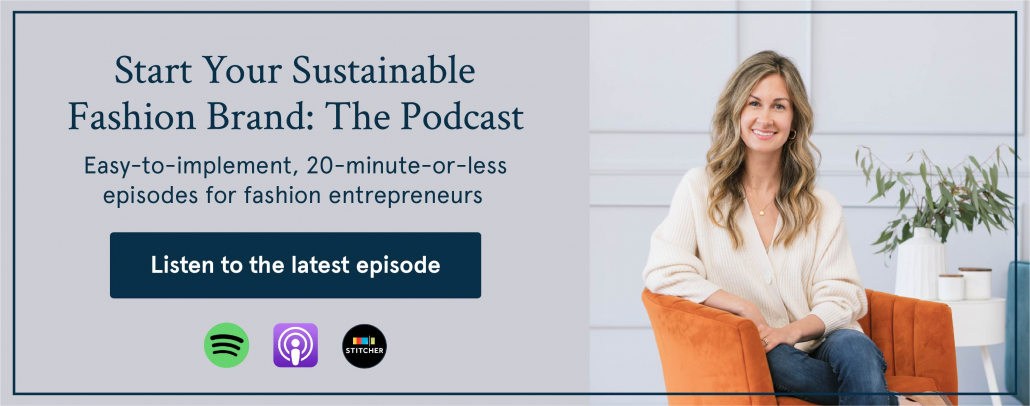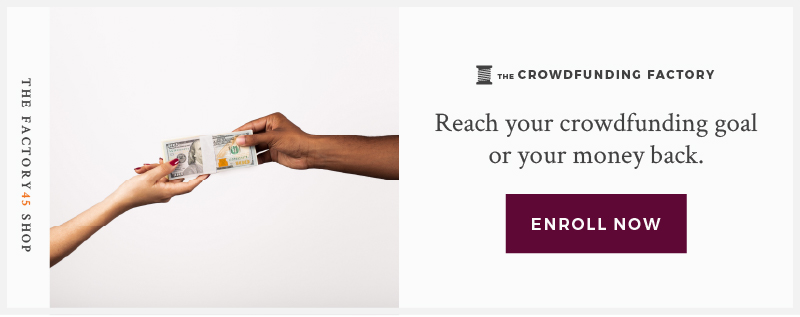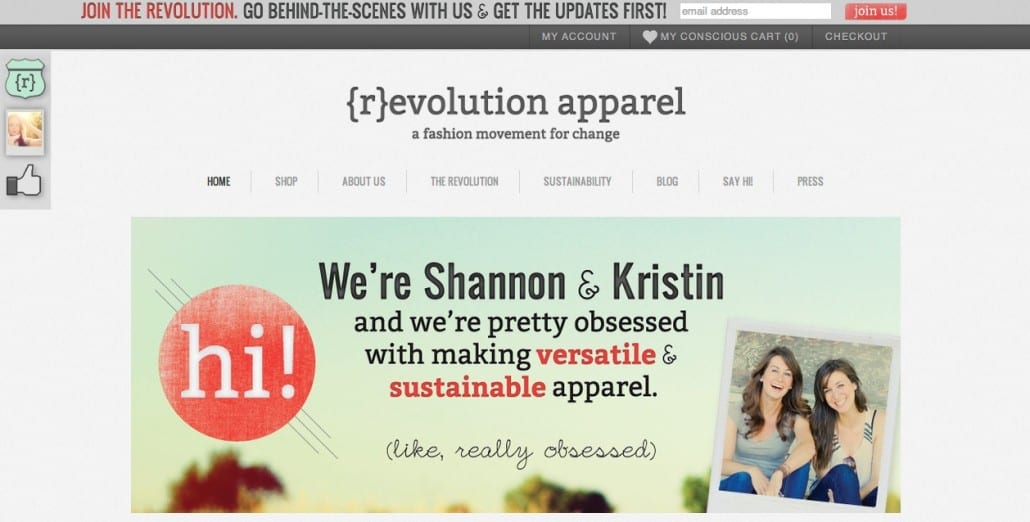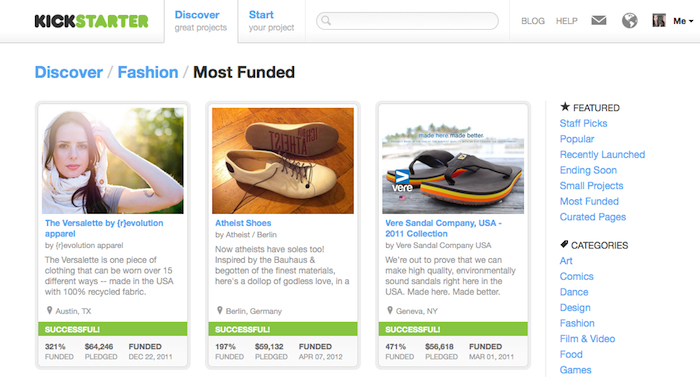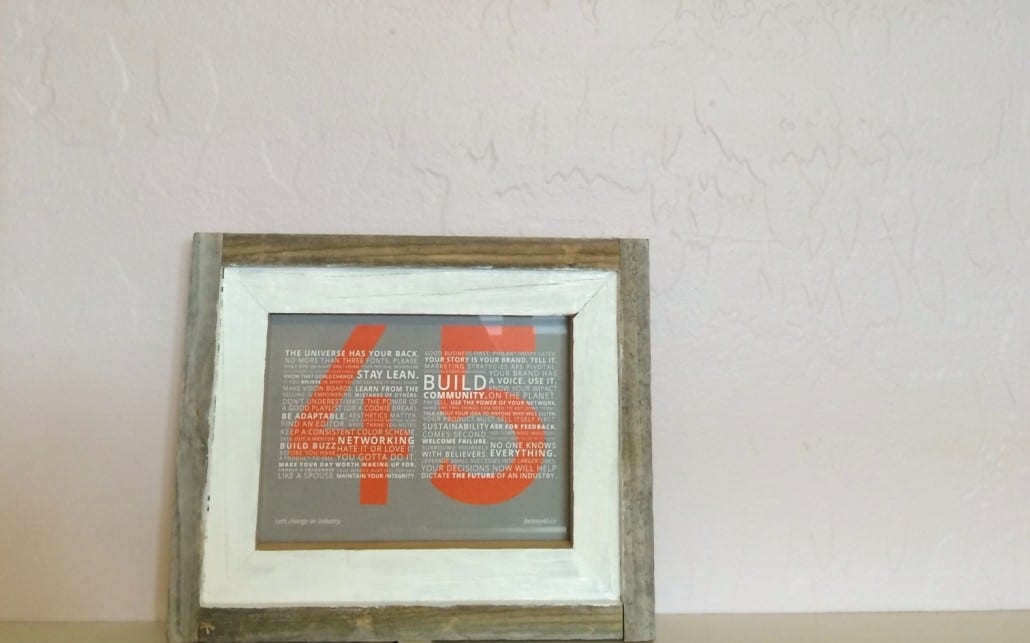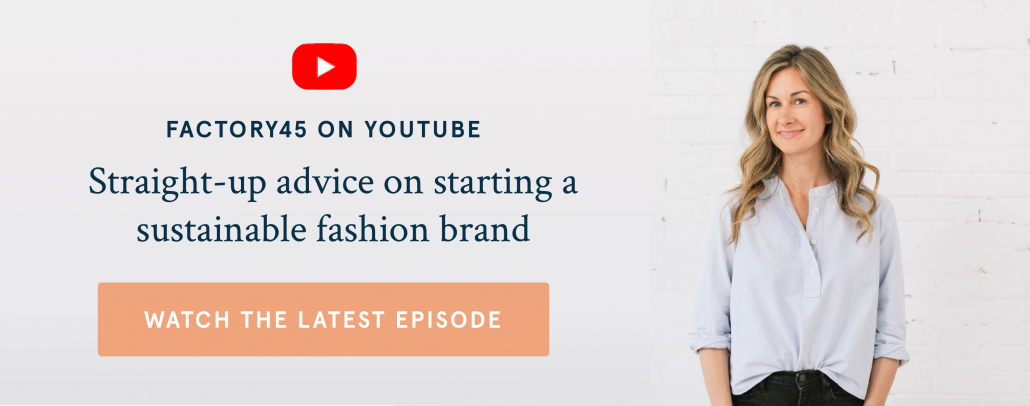How do you ensure success? Who stands out from the crowd? What separates the pros from the amateurs?
There aren’t any definitive answers. And I’m not even going to begin to try and analyze them. What I will say, is that over the years, I’ve been observing. Working with startups and new entrepreneurs on a regular basis has provided rare insight into what makes one person get ahead of the rest.
Here are five way to set yourself up for success that go beyond conventional wisdom:
1.) Make it easy to help you.
Most people are excited and willing to help out new entrepreneurs. But the likelihood of connecting with someone who is more seasoned in the industry is largely dependent on how you make the “ask.”
The first and most obvious way to sabotage yourself is by writing an inquiry email that scrolls on for block paragraph after endless block paragraph. In most cases if you’re looking for advice, the person you’re seeking out is busy.
I implore you, keep your email to no more than two to three short paragraphs. Your chances of getting a response are incrementally higher and I promise you’ll come across as more professional — and more effective.
Bonus tip: ask a specific question. Avoid using phrases like, “Can I pick your brain?” Instead, ask the exact questions you want to know the answers to. Once you have your foot in the door and get a response, you can follow up from there.
2.) Write thank you notes.
They don’t have to be handwritten and shipped via snail mail, but if someone takes the time to jump on a call on your behalf, follow up with them. I’m always surprised when I block out a free 30 minute call to answer someone’s questions and I never hear from them again.
Regardless if the advice was good or not, it’s common courtesy to express gratitude to someone who gave their time to you.
This is especially applicable when a contact goes out on a limb to introduce you to someone. It makes that person and yourself look bad if you don’t take the time to follow up afterwards.
Good things come from gratitude. And the most successful entrepreneurs show how much they value the people who helped them along the way.
3.) Start before you’re ready.
Should I launch now? Should I get more real world experience first? Should I go back to school? Only you know the answer that’s right for you, but my recommendation to most aspiring entrepreneurs is to start before you’re ready.
Building a business requires a long runway. It’s not only about the amount of hours in the day that you spend on your business, but the months and years that you take building up to it. As I tell my entrepreneurs (on repeat), launching a successful company is a marathon not a sprint.
The sooner you can start fleshing out your ideas, seeking out mentorship, connecting with industry peers and educating yourself, the better off you are in the long run. The old cliche usually holds true: Tomorrow you’ll wish you had started today.
>> Tess, that one was for you : )
4.) Be consistent.
The entrepreneurs who get ahead are calm and collected. They’re methodical, they’re strategic and they don’t get easily frazzled.
Can’t figure out how to link up your domain to your server? “No problem, I’m sure tech support can help me.”
First sample came in two sizes too big? “No worries, I’ll speak with my factory and have them fix it.”
Kickstarter video is low quality? “No big deal, we’ll reshoot.”
When you’re first starting out, your attitude and the way you handle challenges are going to dictate how you respond in the months or years of your business to come. The entrepreneurs that get ahead know there is a solution for everything. And sometimes the solution falls under the guise of a better option.
Building a business is not an overnight endeavor. It requires consistency of action, which means not giving up if something doesn’t work the first time.
5.) Ask for help.
I’m going to let you in on a secret. Nobody builds a successful business by doing it on their own. That’s right, nobody.
The entrepreneurs and mentors you see online or in fashion magazines are all getting help, seeking out mentors of their own, building advisory boards and seeking out further education.
In the past six months, I’ve taken three online courses, countless webinars, hired a consultant and sought out a mentor myself. This is in addition to the five part-time employees that help me build my business.
Solopreneurship is a farce. If you want to get ahead, then you have to seek out help from others and continue to invest in yourself.
That’s what separates the amateurs from the pros.






